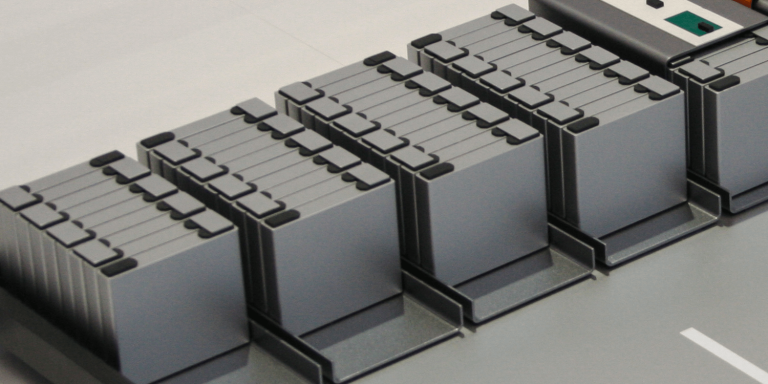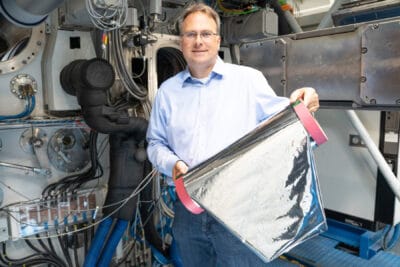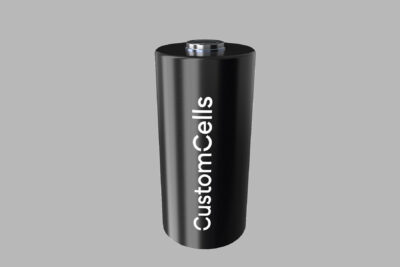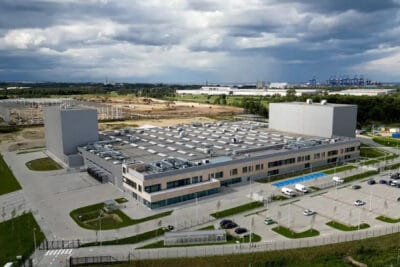Research: ‘RoSiLIB’ to develop high energy silicon anodes
Partners in the ‘RoSiLIB’ project are developing new anodes for lithium-ion batteries. This is to enable the manufacturing of large-format high-energy battery cells in the future, which cannot be produced with the previous anode materials with high energy density.
According to the Fraunhofer Institute for Manufacturing Technology and Applied Materials Research (IFAM) in Dresden, the targeted innovative anode will be developed along the entire value chain in the project to meet the necessary improvements in battery cells for electromobility. The decisive factor here is the further development of a new cost-effective manufacturing route for nanoporous silicon microparticles.
The Fraunhofer IFAM and Helmholtz-Zentrum Dresden as well as the companies E-Lyte Innovations, Custom Cells, Nanoval and Von Ardenne are involved in the project. Together they want to tackle the “hitherto unsolved challenges of large-format cells on several levels”. Accordingly, solutions are to be developed for both the volume jump of the active material and the electrolyte’s outgassing.
The further development of nanoporous silicon is part of “RoSiLIB” at Fraunhofer IFAM. As the institute writes, the researchers want to further adapt the particles’ inner structure to the requirements of the battery. To do this, the formation of the structure during the powder atomisation of silicon alloys must be better understood.
Besides, the Fraunhofer Institute wants to develop the chemical processing of the powders further. Nevertheless, everything remains on a laboratory scale. At the end of the project, it should be possible to scale up the processes so that up to 500 grams of nanoporous silicon per day is possible.
The sub-project at the Helmholtz Institute is concerned with nanoscopic characterisation and process simulations. At Münster-based E-Lyte Innovations GmbH, the appropriate electrolytes are being developed and produced. At Berlin-based Nanoval, the metal powders for obtaining the nanoporous silicon are further developed and manufactured. Von Ardenne is developing the processes and simulations “for the functionalisation of powder materials for lithium-ion batteries”. In contrast, at Custom Cells in Itzehoe, the electrodes are being developed from nanoporous silicon.
RoSiLIB” is funded with a total of 2.2 million euros. The largest single sum, 584,710 euros, goes to Fraunhofer IFAM, followed by 417,991 euros for Nanoval and 380,234 euros for the Helmholtz Institute in Dresden.
With reporting by Sebastian Schaal, Germany.
ifam.fraunhofer.de, enargus.de (in German)





0 Comments